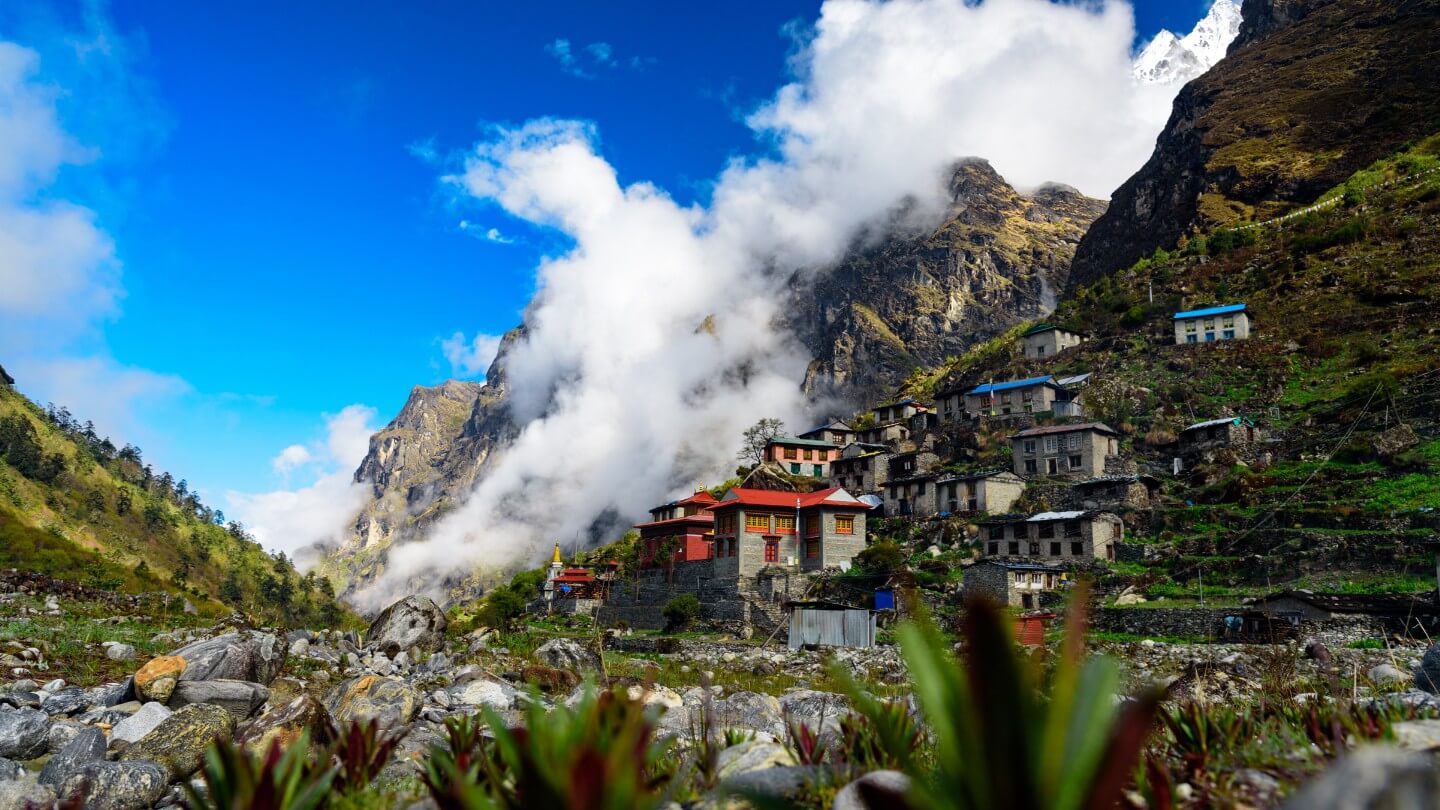
Is a VPN needed in Nepal?
Nepal, often described as the rooftop of the world due to its Himalayan grandeur, has been actively embracing digital technology. However, emerging data indicates a growing encroachment on digital rights and freedoms. Geopolitically, Nepal is influenced by its powerful neighbors, India and China, which might indirectly impact its domestic digital policies.
Internet Censorship and Freedom
Recent developments suggest that Nepal is leaning toward an authoritarian model of internet control. The onset of the COVID-19 pandemic has been a catalyst in this shift, enabling extensive personal data collection by the government. Human Rights Watch reported new laws proposed in 2019 aiming to curb free expression and restrict the powers of the National Human Rights Commission. Incidents of intimidation against journalists and citizens have increased. This is particularly alarming given Nepal’s constitutionally guaranteed rights to free speech.
In June 2016, the Nepalese government approved ‘Online Media Operations Directives 2015,’ giving the Department of Information (DOI) the power to block online news sites arbitrarily. International organizations like the IFJ, NPU, and FNJ have criticized these directives for contravening the principles of free press and online freedom.
Peer-to-Peer Services and Torrenting
Nepal’s approach to Peer-to-Peer services and torrenting remains relatively lax, although copyright laws do exist. However, given the escalating trend toward control over the digital realm, future restrictions cannot be ruled out.
Media Websites and Social Media Access
Social media platforms are generally accessible, but temporary blockages have occurred during politically sensitive times. In June 2021, the Press Council of Nepal issued statements cautioning a journalist and a communication expert for their social media posts, arguing that this was an overreach of its mandated jurisdiction as per the Press Council Act-1992.
Net Neutrality
Nepal lacks comprehensive legislation concerning net neutrality. ISPs may prioritize certain types of traffic, but the evolving regulatory landscape could potentially lead to stricter controls.
Legal Framework
In addition to existing legislation like the Electronic Transactions Act, new laws curtailing free expression have been proposed. The Media Council Bill and the Mass Media Bill aim to incorporate different media forms, with punitive fines and jail terms. The Information Technology Bill could give sweeping powers to block unregistered social media platforms. These bills have faced criticism and are yet to be passed.
Lumbini Provincial Assembly registered a bill in June with provisions aimed at controlling the media. The Federation of Nepali Journalists has demanded its withdrawal, noting the proposed sweeping authorities it would grant to the press registrar of the province.
Surveillance and Privacy
The government’s push for mass surveillance is particularly visible from its plans to install over 21,000 additional CCTV cameras, supplementing the thousands already placed in the Kathmandu Valley. While these cameras are claimed to deter criminal activities, they have been employed to monitor protests and expressions of free speech. Given this, individuals concerned about privacy and security should consider using Virtual Private Networks (VPNs) and end-to-end encrypted messaging platforms.
Conclusion
Nepal is at a critical juncture in defining its digital future. The escalating government control over online spaces poses a significant challenge to the ideals of freedom and privacy. While Nepal has made significant strides in digitalization, its evolving policies reflect a precarious balance between technological progress and civil liberties. Monitoring these trends is essential for understanding how Nepal will navigate its future digital direction.
See also:

Leave a Reply